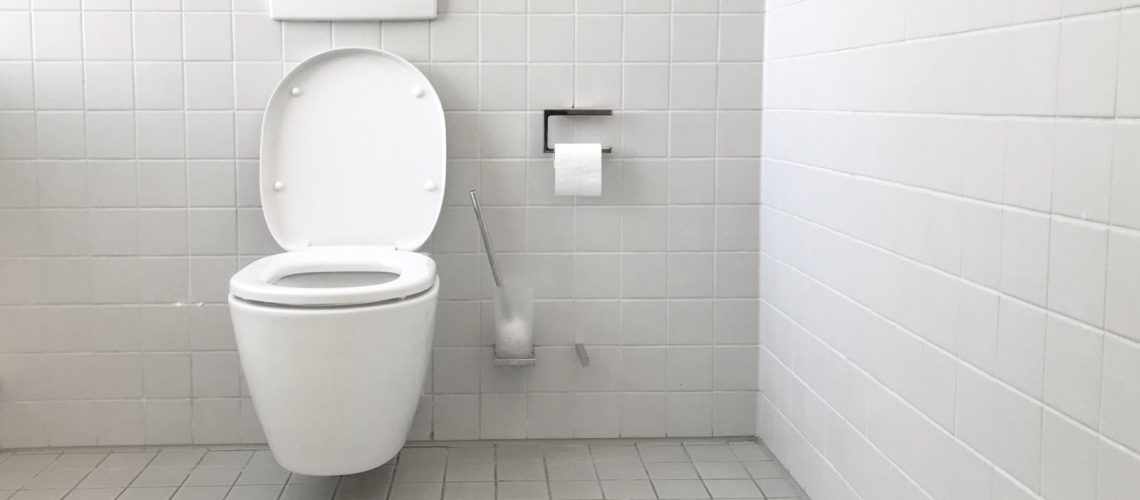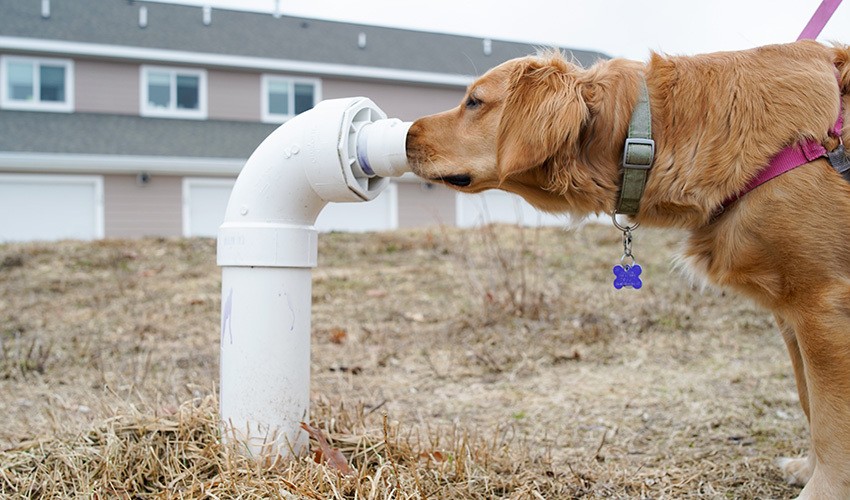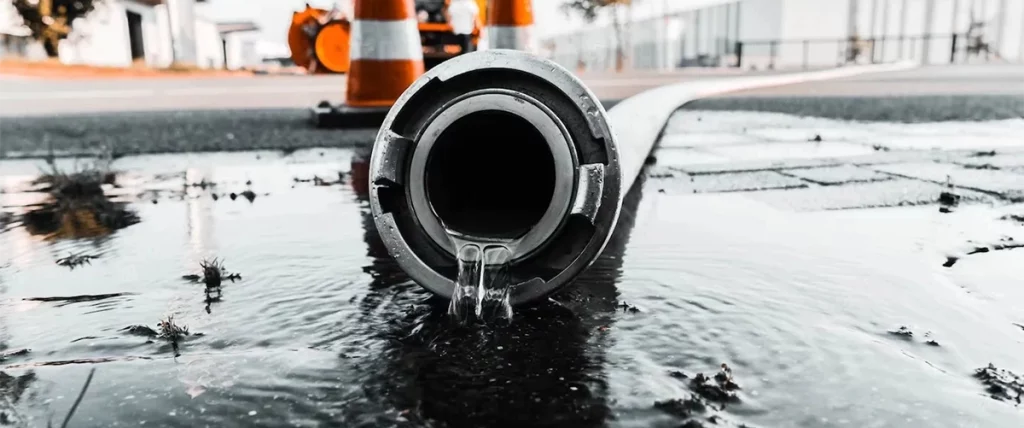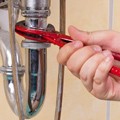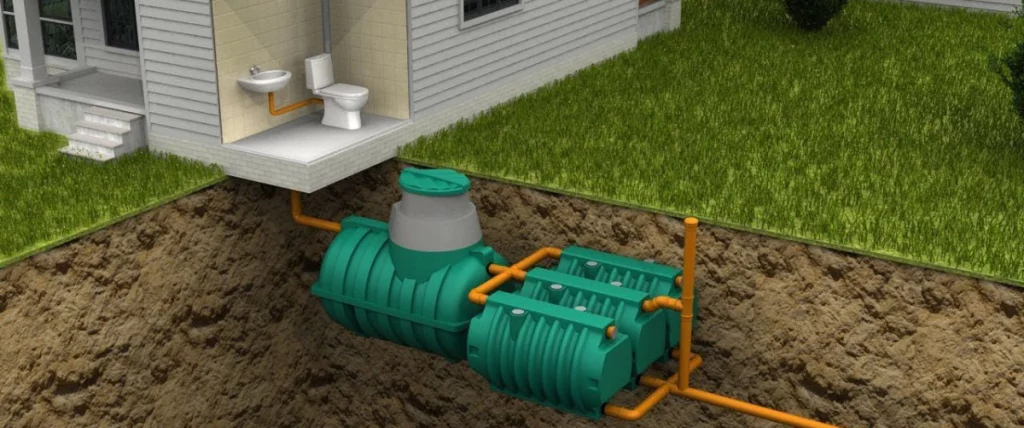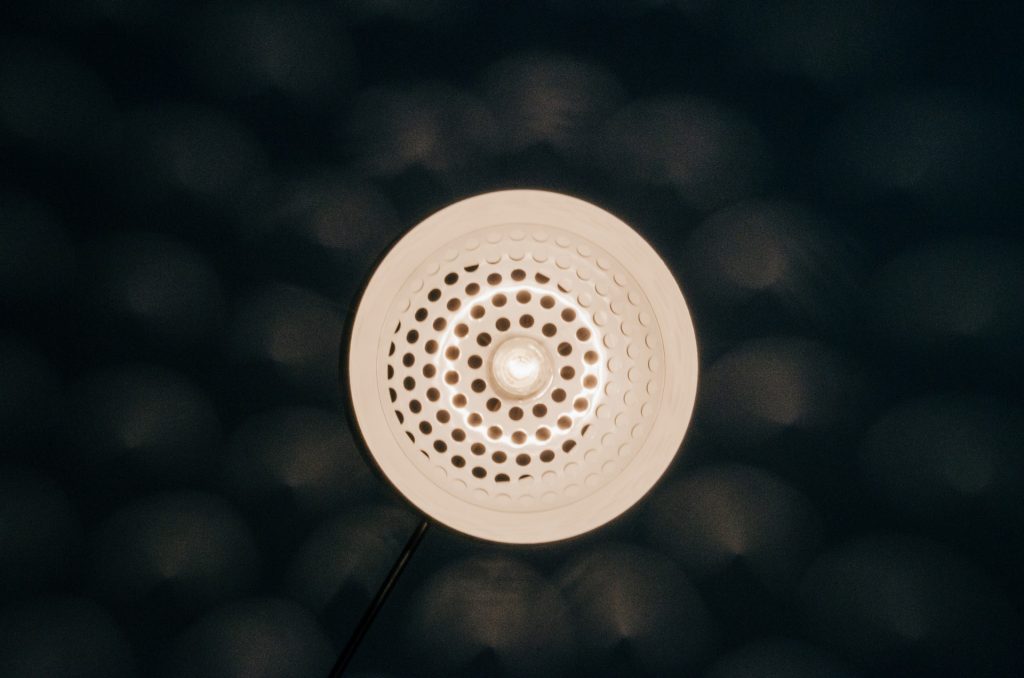Many homeowners assume that anything poured down the drain will disappear without issue. However, certain items may clog pipes long after being washed down the sink, leading to frustrating blockages. Let’s explore three common but unexpected causes of drain clogs that can disrupt your plumbing!
Contents
1. Grease, Oil, and Fat
One of the most surprising but common culprits in kitchen drain clogs is grease, oil, and fat. When you pour grease from cooking bacon, oil from frying, or fat from meats down the drain, it may be liquid initially, but it cools and solidifies quickly within the pipes.
- Why It Clogs: Grease solidifies as it cools, creating a sticky layer on the inner walls of pipes. This sticky surface acts as a glue, trapping other debris, such as food particles, that wash down with dishwater.
- Example: Think of how bacon grease solidifies in a pan. Now imagine that same grease inside your pipes, capturing anything that passes by.
Prevention Tip: Instead of pouring grease down the drain, let it cool and dispose of it in a sealed container in the trash. Avoid letting any fat, oil, or grease slip into your sink to minimize clogged drains caused by grease.
2. Starchy Foods
Another surprising cause of drain blockages is starchy foods, such as rice, pasta, oatmeal, and flour. These items might seem harmless, but when they get wet, they expand and create a thick, sticky paste.
- Why It Clogs: Starch-rich foods swell and stick together when exposed to water, forming a glue-like substance that can clog your sink. Flour, in particular, becomes like organic cement when mixed with water, making it difficult to clear from the pipes.
- Example: Wet flour on your hands can feel sticky and hard to clean off. Now picture that same substance building up inside your pipes.
Prevention Tip: Scrape plates into the trash before rinsing them in the sink. Avoid letting foods like pasta, rice, or flour enter the drain, as they can quickly lead to starchy blockages in pipes.
3. Coffee Grounds
Though small, coffee grounds are another common offender in sink clogs. Unlike other food waste, coffee grounds do not break down easily in water and are prone to sinking, similar to sand.
- Why It Clogs: Coffee grounds tend to clump together and settle in low points of the pipes, especially if there is grease present. This creates a dense mixture that can be difficult to clear.
- Example: Coffee grounds act like sand in water, settling and compacting wherever there’s a dip in the pipe. When mixed with grease, they create a particularly stubborn blockage.
Prevention Tip: Dispose of coffee grounds in the trash or compost, not down the drain. Keeping coffee grounds out of your sink will prevent them from causing clogs in combination with grease or other materials.
Unclog Those Drains with Professional Help
If your kitchen drain is draining slowly or making gurgling noises, you may already have a blockage from grease, starch, coffee grounds, or other unexpected causes. POM Plumbing specializes in clearing stubborn drain clogs quickly and effectively. Our experts use professional pressure washing equipment to clear out pipes and restore normal water flow.
Don’t let clogs slow you down! Contact POM Plumbing today for fast, effective drain cleaning solutions and keep your pipes clear.
FAQ
Common but surprising culprits include grease, starch-rich foods (like rice and pasta), and coffee grounds. These items may seem harmless, but they can cause serious blockages over time.
Grease may be liquid when hot, but it solidifies as it cools inside the pipes. This solid grease forms a sticky layer that traps other debris, eventually leading to clogs.
Yes, coffee grounds don’t dissolve in water and tend to clump together, settling in the pipes. They’re especially problematic when combined with grease, creating a dense, stubborn blockage.
Starchy foods expand when wet and create a thick, sticky paste in the pipes. This paste can cling to the sides of pipes, blocking water flow and leading to buildup over time.
Dispose of grease, starches, and coffee grounds in the trash instead of the sink. Scrape plates thoroughly before rinsing, and consider using a strainer to catch food particles.
If you notice slow drainage, gurgling sounds, or recurring clogs despite your efforts, it’s best to call a professional plumber. They can assess the issue and clear stubborn blockages safely and effectively.



